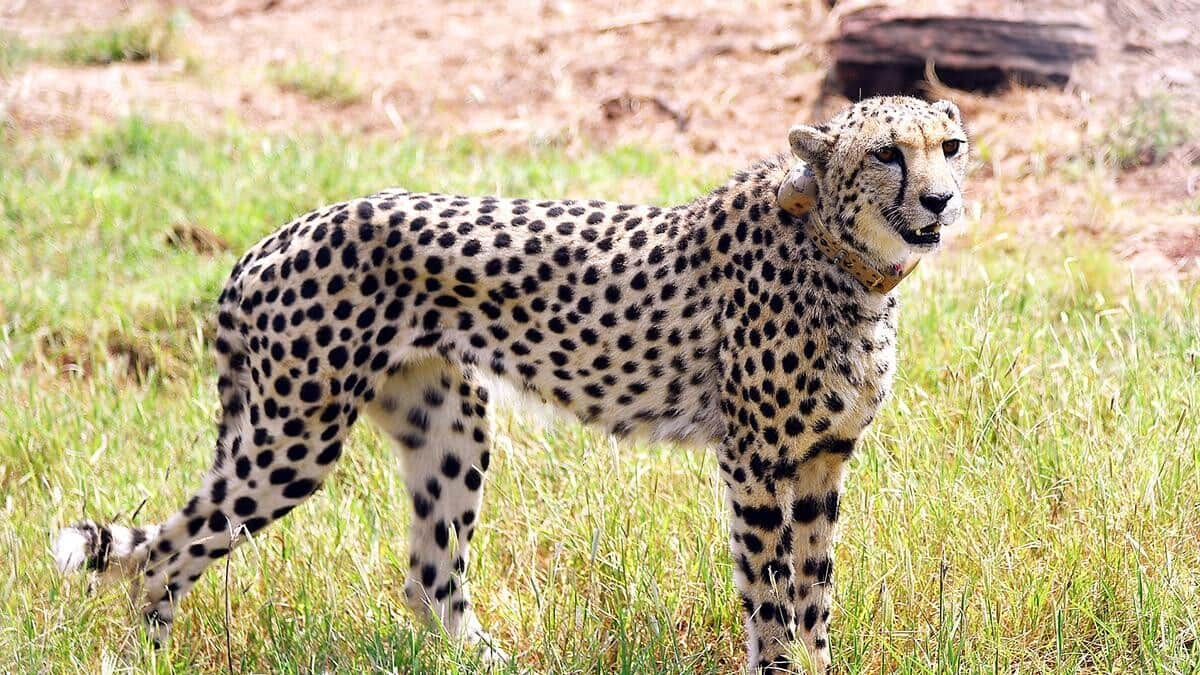
MP: Two male cheetahs released into open wild at Kuno
What's the story
In a major leap for India's cheetah reintroduction project, two male cheetahs—Agni and Vayu—were released into the wild at Madhya Pradesh's Kuno National Park on International Cheetah Day.
The cheetahs were released in the Palpur East area of the park, across the Kuno River.
The project is a vital step in bringing back the cheetah population after seven decades of extinction in India.
Release preparations
Extensive preparations precede cheetahs' release
The release of Agni and Vayu came after extensive preparations. A steering committee headed by Chairman Rajesh Gopal visited Kuno National Park to inspect final arrangements.
All logistical, safety, and security measures were ensured for a smooth transition into their new environment.
Senior wildlife officials attended the release and ensured that all protocols were followed.
Fitness monitoring
Cheetahs's fitness and adaptation to be closely monitored
Agni and Vayu were chosen for their ability to acclimatize to the open wild area of Kuno National Park.
Their movement will be closely monitored to ensure their safety and successful acclimatization to the new habitat.
The park has been fully prepared to host these cheetahs, with measures in place to shield them from potential threats.
Official congratulations
Union Forest Minister and MP CM congratulate Kuno officials
Union Forest Minister Bhupender Yadav and Madhya Pradesh Chief Minister Mohan Yadav were elated at this milestone. They congratulated Kuno officials for their efforts in making the "cheetah project" successful.
The project started with eight cheetahs translocated from Namibia, released by Prime Minister Narendra Modi on September 17, 2022.
A second batch of 12 cheetahs arrived from South Africa on February 18, 2023.
Cheetah population
Kuno National Park now home to 24 cheetahs
Currently, Kuno National Park houses 24 cheetahs, including 12 adults and 12 cubs born on Indian soil.
Despite earlier challenges, such as the unexplained deaths of some adult felines, this development is viewed as a promising step forward for "Project Cheetah."
Officials maintain that if even 50% of the cheetahs survive, the project will be deemed successful.